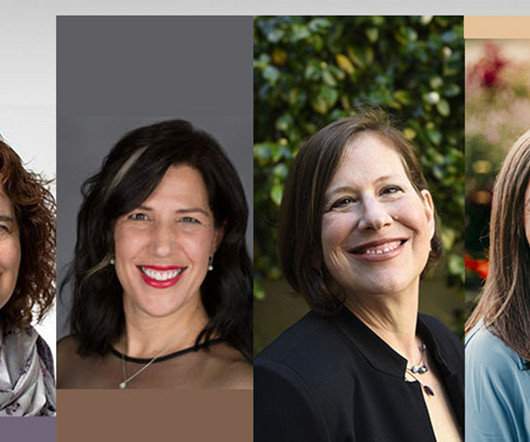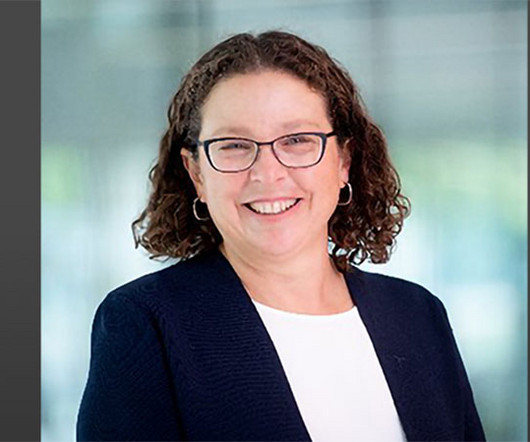Intentionally Interprofessional Care: DorAnne Donesky, Michelle Milic, Naomi Saks, & Cara Wallace
GeriPal
OCTOBER 10, 2024
The many arguments, theories, & approaches across settings and conditions are explored in detail in the book they edited, “ Intentionally Interprofessional Palliative Care ” (discount code AMPROMD9). Of note: these lessons apply to geriatrics, primary care, hospital medicine, critical care, cancer care, etc, etc.













Let's personalize your content